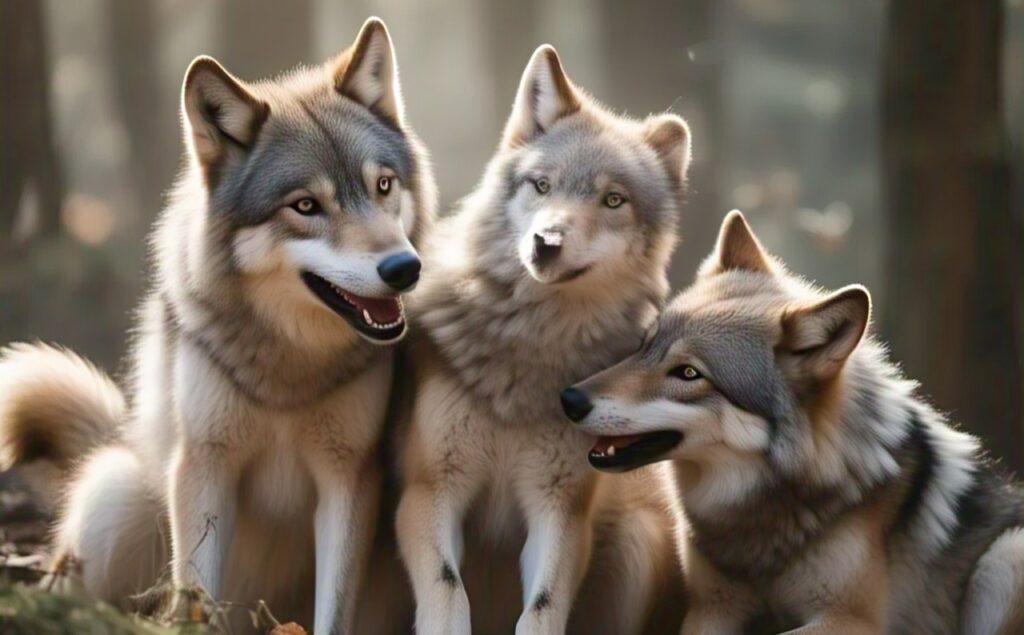How Wolves Transformed Into Dogs for Easy Food: A Tale of Self-Domestication

How Wolves Transformed Into Dogs for Easy Food: A Tale of Self-Domestication
For centuries, the domestication of dogs has been attributed to human intervention. However, new research challenges this traditional view, suggesting that wolves may have played an active role in their own domestication to secure easier access to food.
Wolves May Have Tamed Themselves
A study published in the Proceedings of the Royal Society B proposes that wolves may have voluntarily adapted to life alongside humans, selecting a less stressful existence in exchange for food and safety. This process, termed “self-domestication,” implies that wolves gradually evolved into early dogs without direct human intervention.
The research suggests that wolves who were more tolerant of human presence had a survival advantage. Over time, these wolves bred among themselves, reinforcing tame behaviors. This natural selection eventually led to the emergence of early dogs.
Mathematical Models Support the Hypothesis
To test the self-domestication theory, researchers used mathematical models to estimate the timeline for wolves evolving into dogs. The results indicated that domestication could occur within 15,000 years, provided two key conditions were met:
- Wolves had to scavenge near human settlements.
- They had to select mates with similar temperaments.
Co-author Alex Capaldi explained, “When females selected mates, they also had to choose males with a similar level of tameness. If both processes were in play, self-domestication could happen within the time constraints.”
Findings on Early Dog Evolution
The study’s models predict that in 37% of cases, early dogs diverged from their wolf ancestors. When these scavenging wolves preferred tamer mates, they formed packs of early dogs in 74% of cases. This suggests that self-domestication played a crucial role in the evolution of dogs.
While humans later played a role in selectively breeding these early dogs, the study highlights that wolves may have initiated their own transformation long before direct human intervention.












